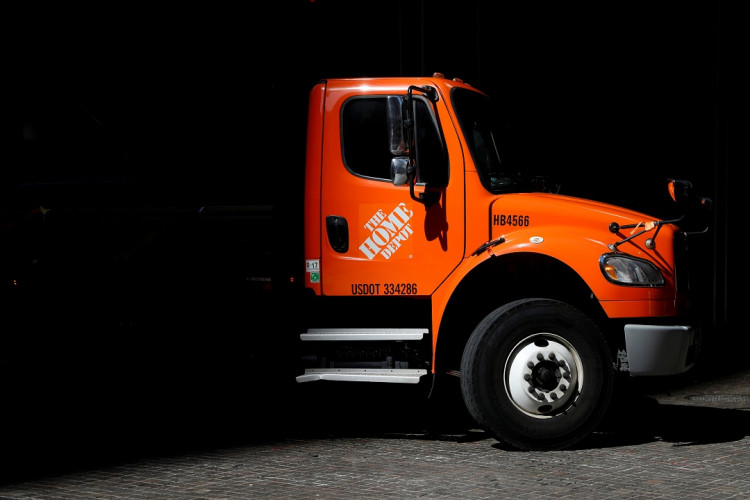Despite the ongoing trade dispute between China and the United States disrupting its supply chain, US retailer Home Depot Inc still managed to beat initial analysts' estimates. The home improvement retailer released its better-than-expected earnings report on Tuesday, bolstered by the sale of its more-expensive items to major builders.
While it did manage to report earnings that beat estimates, the Georgia-based company still warned of a potential impact on its bottom line if the ongoing trade issue is not immediately resolved.
In light of the current situation, Home Depot decided to cut its full-year sales forecast, citing a possible impact on its revenue as a direct impact of the trade issue. Home Depot cut its full-year sales growth forecast from 5 percent to 4 percent.
The company estimates that the proposed tariffs by US President Donald Trump could drive its cost of sales by around $2 billion, or 2 percent of its annual sales. Because of this, Home Depot had to downgrade its expected 2019 sales growth from a 3.3 percent expected to increase to only about 2.3 percent.
Home Depot managed to report net sales of $30.84 billion for its second-quarter ending on August 4. This was a '1.2 percent increase from its net sales over the same period last year. The net sales translated to a profit of $3.17 per share, beating initial analysts' estimates of $3.08 per share.
Following the release of its second-quarter earnings report, Home Depot's share prices jumped by 4.4 percent. The company shares reached a peak of $217.11 by midday trading, with most of the investors shrugging off the company's warnings regarding the impact of the ongoing trade war and Trump's tariffs.
The Trump administration's proposed tariffs on an additional $300 billion worth of Chinese goods is expected to have a direct impact on retail prices, potentially lowering overall demand in the process. According to Home Depot's outgoing chief financial officer, Carol Tome, the company is currently working with its suppliers to come up with an agreement to alleviate tariff costs.
The company is also reportedly struggling to handle the increase in the prices of Lumber. Around 8 percent of the company's sales come from products that are made out of the increasingly expensive commodity.
Despite its best efforts, Home Depot still expects that it might be forced to increase its prices if the additional tariffs are indeed imposed. Analysts have predicted that the impact could be much larger on consumer demand as prices increase.





